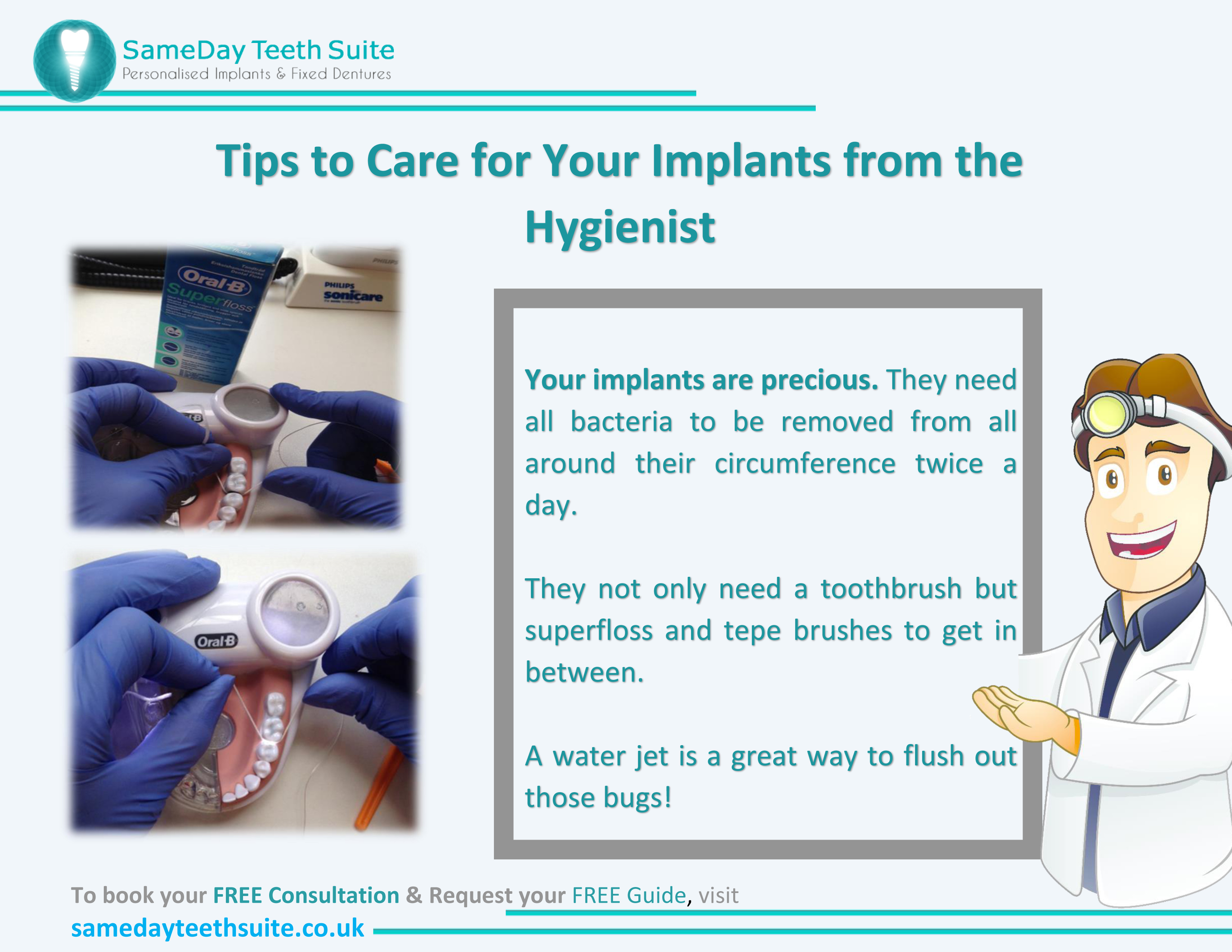Dental implants have a success rate that exceeds 95%. However, as with any other medical procedure, caution should be taken as there are also risks involved that can lead to complications ranging from something simple and up to the total failure of the treatment. You see, dental implants are designed to be the next best thing regarding tooth replacement. Indeed, they are popular alternatives to fixed bridges and dentures because they are permanent. Plus, they are more aesthetically pleasing and functional, given that they anchor artificial teeth directly into the jawbone.
Despite the remarkable track record of successful dental implant procedures thus far, there are cases where patients experience complications, and following is a list of the most common reasons and causes behind implant failure that you should know of.
-
Implant Fell Out
The majority of problems are usually minor and easily solved, providing you have a fast response and seek professional help. That aside, there are instances when the jaw bone does not fuse together with the implant as supposed over the course of several months after the placement of the implant. This could be attributed to incorrect positioning, overloading, insufficient bone volume or density, damage to surrounding tissues, and others, some of which are described below.
-
Infection
Gum disease or an infection can take place when bacteria are present either postoperatively or during the oral surgery with lack of proper hygiene. It could also be attributed to the dental cement that is used to seal the crowns placed on top of the implant. If it escapes and gets in the gums, it can lead to gum and/or bone inflammation surrounding the implant. Another periodontal disease called peri-implantitis can also cause implant failure, and it could take even months after the surgery to occur. Finally, people with systemic diseases, such as diabetes (especially uncontrolled), as well as smokers, are at greater risk of developing the infection and severely jeopardise the success rate of an implant.
-
Overloading
When placing an implant, it is paramount to load it in two stages, not immediately. The first phase is when the implant is placed and is allowed time to integrate with the bone. The second and final phase involves the placement of the components that protrude above the gums. That way, the patient has a quicker recovery and, undoubtedly, shorter treatment times. When performing immediate loading (overloading), meaning placing both the crown and the abutment on the implant immediately after it’s been surgically inserted, the implant integration process is incomplete and leads to complications, including implant failure. The pressure applied to the protruding crown and/or abutment are just too much to bear.
Other Reasons for Dental Implant Failure:
- Inappropriate design of the crown, bridge, or denture that goes on top of the implant.
- Insufficient bone quantity & quality in the jaw, especially the upper back.
- Rejection of the implant by the body that sees it as a foreign object (similar to organ transplants).
Important Note: To avoid most of these issues, it is critical to maintain a good oral hygiene with regular brushing and flossing and, of course, see a hygienist every 3-6 months. Needless to say, early detection is always the key to any solution.
What we always remind our patients at SameDay Teeth Suite is that dental implants don’t last a lifetime, but if all the procedures are done correctly, they can last a very long time indeed.
Are dental implants the best option for your case? Need more information on dental implants or have worries about related to implant failure? Don’t hesitate to book your first complimentary consultation and save yourself from unnecessary trouble and discomfort.

